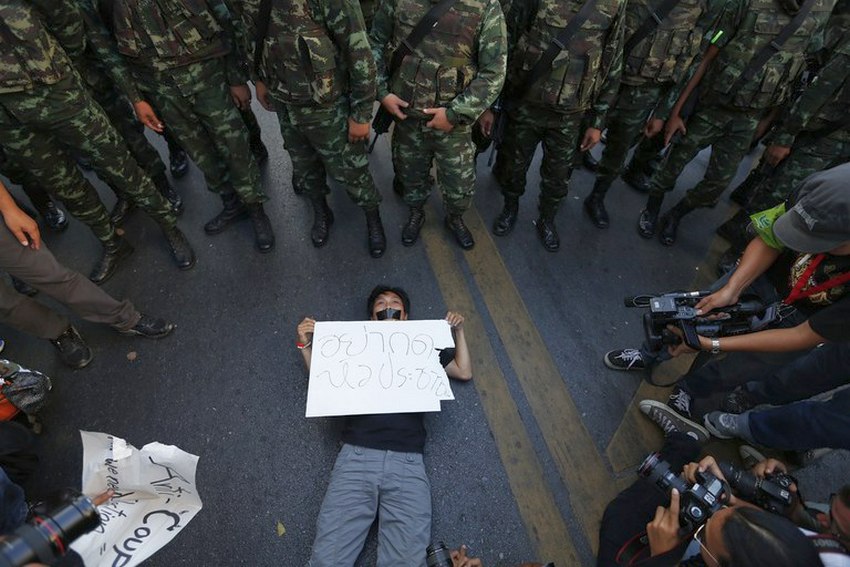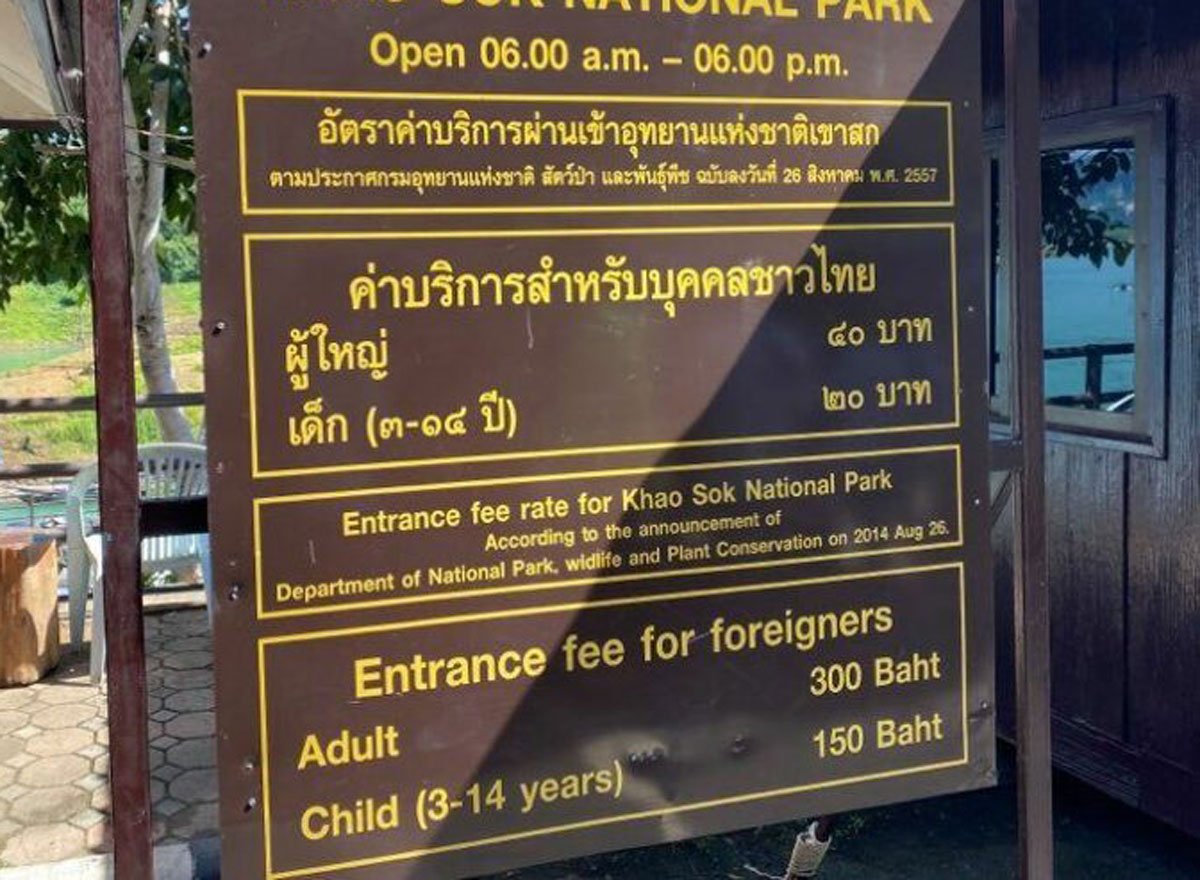
FILE photo courtesy: Wikipedia
Thailand's government is pushing forward with the Alcoholic Beverage Control Bill, which is slated for parliamentary submission next month as part of its effort to enhance alcohol regulation.
On Sunday, Nipon Chinanonwait, Director of the Ministry of Public Health's Office of Alcohol Control Committee, revealed the bill's progress, aiming to harmonise local laws with international standards.
Anticipated to be deliberated in January, alongside other related bills, the draft law focuses on the regulation of alcohol sales hours, potentially altering the current 2–5pm ban to match global norms.
However, round-the-clock sales will remain prohibited. Crucially, the bill proposes the establishment of provincial committees to enforce age restrictions robustly, ensuring minors have no access to alcohol.
This legislative push coincides with a recent plea from over 30 anti-alcohol advocacy groups, who submitted a petition to the Public Health Ministry on 6th December. These groups are calling for stricter controls on alcohol-related activities, such as "drinking games," which pose significant health and legal risks, including alcohol poisoning and unconsciousness.
Thanakrit Chit-areerat, the Vice Minister of the Ministry of Public Health, has voiced concerns over drink-driving, especially during the upcoming New Year celebrations. He has urged the public, particularly motorists, to remain sober, citing the long-term health risks young drinkers face.
In response to these concerns, the ministry plans to increase scrutiny of alcohol-selling establishments and enforce responsibilities among producers and vendors regarding public safety.
Additionally, a campaign against drink-driving has been launched by the Thai Health Promotion Foundation in collaboration with the Child Youth and Family Foundation, Life Quality Development Network, and Stop-Drink Network Thailand.
Rungarun Limlahaphan, Director of the Social and Health Risk Control Section at the Thai Health Promotion Foundation, reported a slight decline in national drinking rates, from 28.4% in 2017 to 28% in 2021.
Despite this decrease, binge drinking remains a critical issue, with over 5.7 million adults admitting to such behaviour last year. Notably, 34% of fatal accidents during last year's New Year festivities were attributed to drink-driving.
In light of the proposed legislative changes, road safety expert Thatchawut Jardbandista has cautioned that extending sales hours might exacerbate road safety issues. He advocates for the introduction of stiffer penalties, such as mandatory imprisonment for individuals caught driving under the influence.
As the government continues refining its approach to alcohol regulation, the impending debates in parliament will be pivotal in shaping Thailand's stance on aligning with international standards while addressing domestic concerns, reported Bangkok Post.
-- 2024-12-16
























